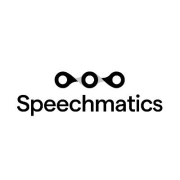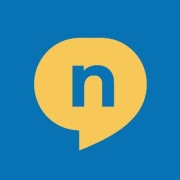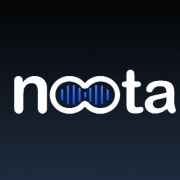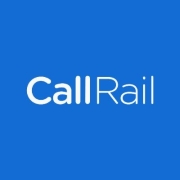Speech-To-Text Services convert spoken language into written text, enhancing accessibility and operational efficiency across sectors. These solutions are essential in modern digital transformations, providing automated transcription capabilities that save time and resources.
The Speech-To-Text market offers a range of solutions tailored to diverse needs, including real-time transcription, batch processing, and integration with various software applications. Users often highlight the ease of integration, high accuracy rates, and robust customization options that suit specific industry requirements.
What are the key features of Speech-To-Text Services?In industries like healthcare, education, and legal services, implementing Speech-To-Text solutions helps in maintaining comprehensive records, enhancing student engagement with transcripts, and supporting legal documentation processes accurately and efficiently.
Organizations benefit from Speech-To-Text Services by automating processes that streamline operations, improve content accessibility, and provide enhanced data analysis capabilities, contributing to overall growth and efficiency.
| Product | Market Share (%) |
|---|---|
| Deepgram | 20.1% |
| Microsoft Azure Speech Service | 19.2% |
| Google Cloud Speech-to-Text | 15.1% |
| Other | 45.6% |
























Integrating Speech-To-Text Services into your customer support can significantly enhance efficiency and response times. By transcribing customer calls in real-time, agents have instant access to previous interactions, enabling them to provide quicker resolutions. Additionally, these services enable better monitoring and analysis of customer sentiment, helping you to identify common issues and optimize your customer support strategies.
What are the security considerations for using Speech-To-Text Services?When implementing Speech-To-Text Services, it's crucial to ensure your data is protected. Choose providers that offer end-to-end encryption to safeguard your audio and transcription data. Consider services that comply with industry standards like GDPR or HIPAA to guarantee your transcriptions are handled with the highest security measures. Be aware of where data is stored and processed, and review the provider's privacy policies carefully.
Can Speech-To-Text Services be customized for industry-specific needs?Yes, many Speech-To-Text Services offer customization options to cater to specific industry requirements. For example, services can be tailored with industry-specific vocabulary and jargon, ensuring higher transcription accuracy. By training the system with curated datasets relevant to your sector, you can improve recognition rates for specialized terms, making these services highly adaptable for fields like healthcare, legal, or finance.
How do Speech-To-Text Services handle different accents and languages?Modern Speech-To-Text Services are designed to support multiple accents and languages, providing versatile solutions for diverse user bases. Advanced machine learning models are trained using vast datasets that include different dialects and speaking styles. You can select specific language models based on your target audience to increase accuracy. While some services excel in certain languages, it's crucial to test performance for your specific use case.
What are the cost factors involved in deploying Speech-To-Text Services?Cost factors for deploying Speech-To-Text Services typically include subscription or usage fees, based on the volume of audio processed or transcription minutes used. Some providers also charge for additional features like real-time processing or advanced analytics. It's essential to compare pricing models and assess against your anticipated usage. Consider potential savings from improved efficiency and productivity to calculate the overall return on investment.